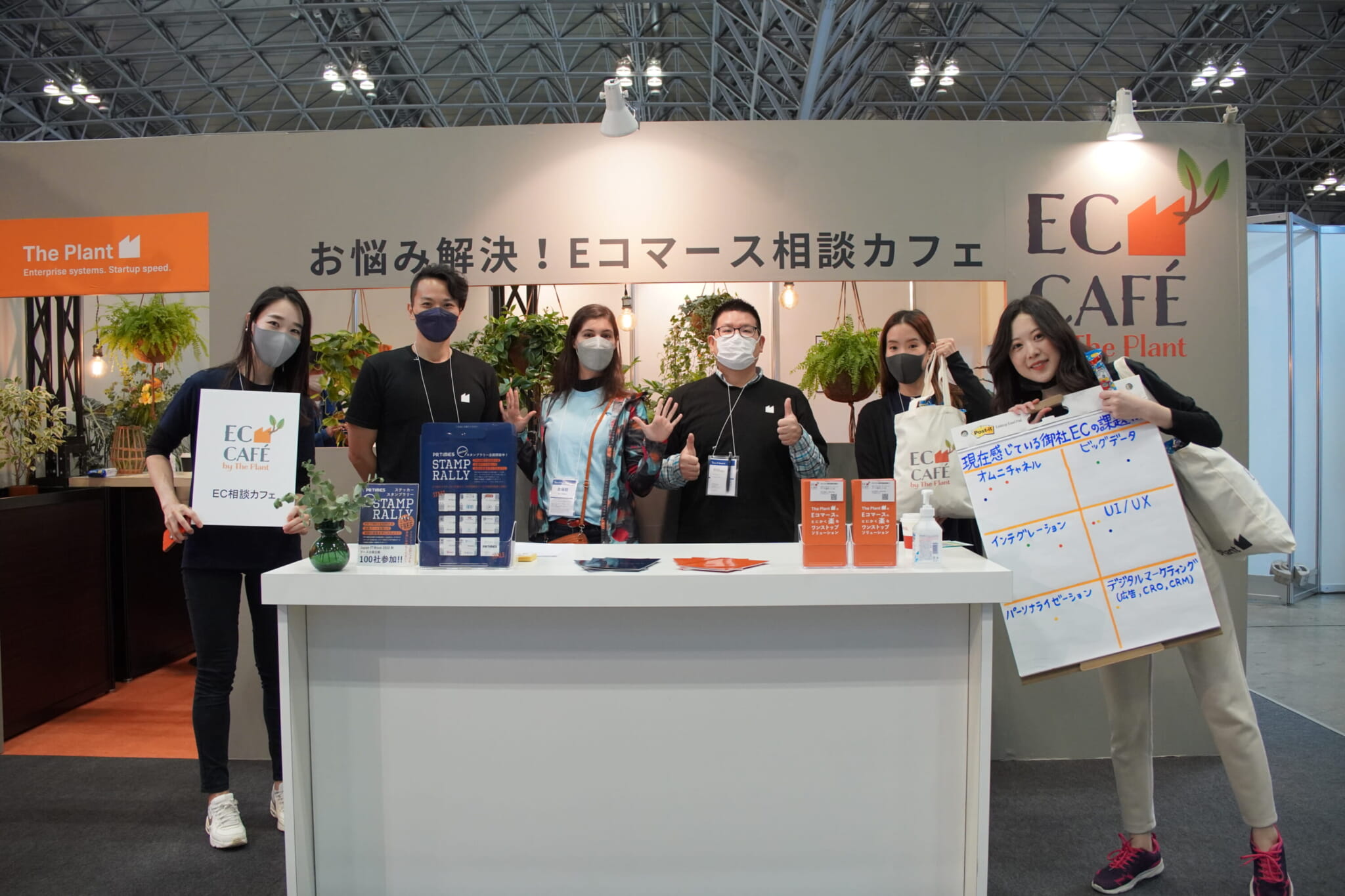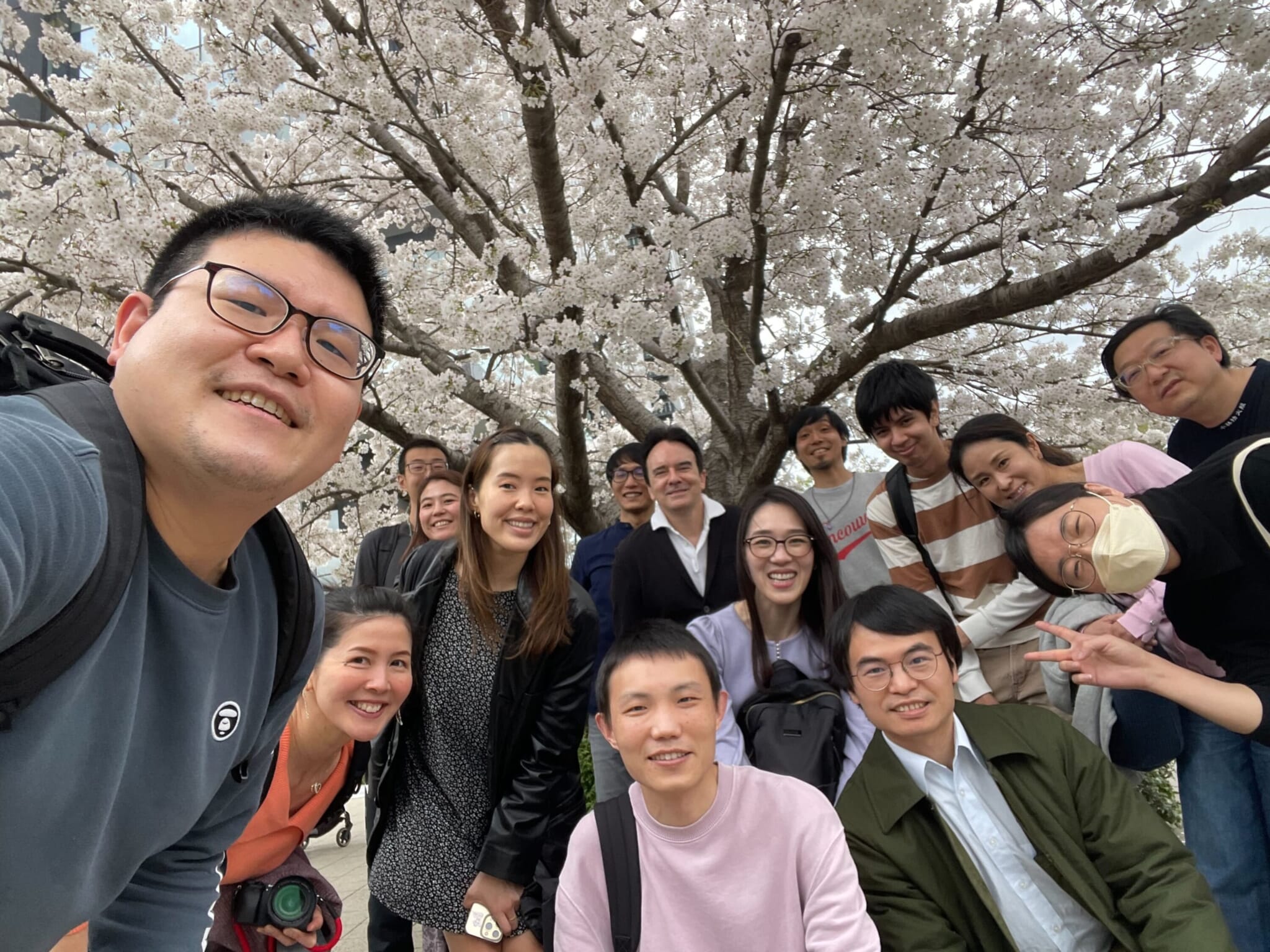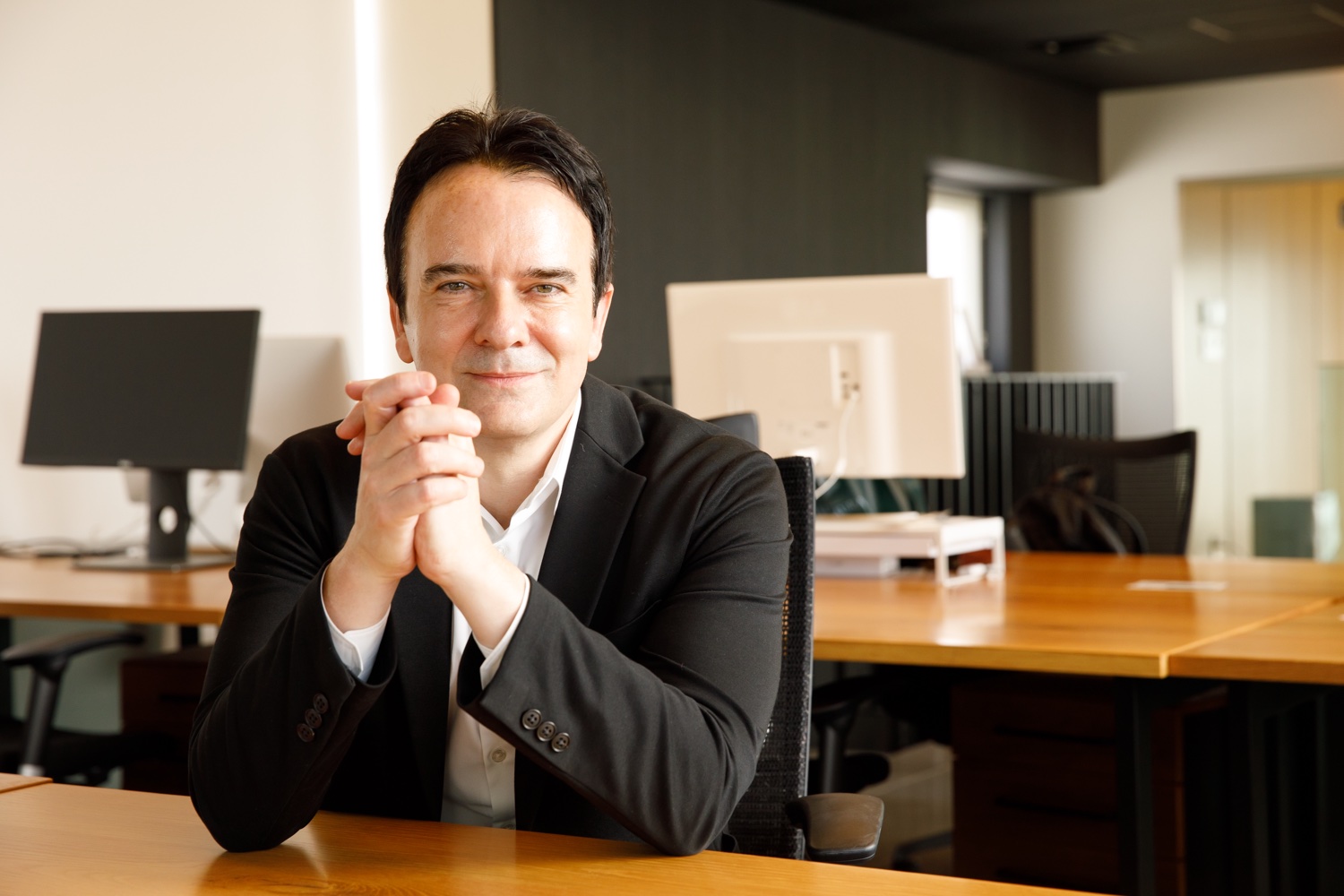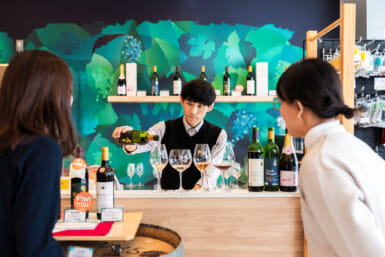As CEO of the e-commerce consulting agency The Plant, Anatole Varin knows a thing or two about managing an international team. Leading a group representing 11 different nationalities, each member with their own set of needs, he recognizes the importance of making staff feel valued to retain their talent for years to come.
Varin came to Japan in 1997 on a master’s program at Aichi University in Nagoya. It was during this period that he co-founded Gaijinpot, coding deep into the night after studying in the daytime. Varin later co-founded The Plant to provide omnichannel e-commerce and content management systems.
Adapting to Workers’ Needs
Since its establishment in 2005, The Plant has grown steadily. The company currently has around 80 employees across three countries, with a range of cultures to boot. This international focus wasn’t a deliberate decision, it happened naturally because some of its core members were English speakers. But this turned out to be an advantage, as the company could then access talent pools from around the globe. “You don’t have to be super fluent in Japanese, you just have to be really talented,” says Varin.
The Plant goes above and beyond to keep its staff in the fold, open to making adjustments to working life so every member feels comfortable. The company’s philosophy is to change the working culture around talent, not the other way around. Varin shares an example: “In China after having a big lunch, it’s customary to take a nap. Our people in the Japanese office would find staff sleeping at their desks, so we made a place where people could go to rest if they wanted.”
“I really value long-term relationships,” the CEO continues, which once even meant moving continents. “Bodhi, the first person I hired and who is now our CTO, wanted to go back to Australia. He’s such a fantastic member that we really wanted to keep working together.” This led to The Plant’s current office in Canberra.
Being attuned to people’s needs is a big part of the company structure. During the pandemic, the office stayed open but employees could choose whether to work from home or in person. “We realized that no one actually wanted to come into the office,” Varin says. As a result, the company went full remote, with well-being policies in place to ensure members have meaningful relationships regardless, from town-hall meetings and one-on-ones to monthly get-togethers.

Listening And Learning Together
Working with different cultures can provide interesting lessons from an observer’s perspective. Varin recounts, “As a CEO of a Japanese company, I was used to setting an example of being first to get there and last to leave, to show I was a good role model,” he says. But when he commuted to their office in Hangzhou, rather than being impressed by his work ethic, the staff became worried. “They thought I was working extra hard because the company was in trouble!”
The Plant’s external communications are in English and Japanese to ensure home-grown talent is supported and encouraged. Its aforementioned well-being policies also include a budget for its team members to enroll in courses to improve their work life and sometimes home life. “We pay for staff to learn Japanese or English,” says Varin. “We’re very supportive of our employees’ growth.”

While the company is completely remote, international employees in Japan receive help adjusting to their new home. This can range from housing to legal aid to make this challenging transition a little easier.
The Plant aims to double its company size within the next couple of years, leading to big change — or will it? “Keeping our current culture is our biggest challenge,” Varin admits, but he is positive, thanks to his years of experience. “We aren’t a unicorn startup. We’ve been growing slowly and steadily.” The company boasts a 96.13% retention rate. The secret to a good work culture, according to Varin, is to have long-standing staff who promote the company values.









